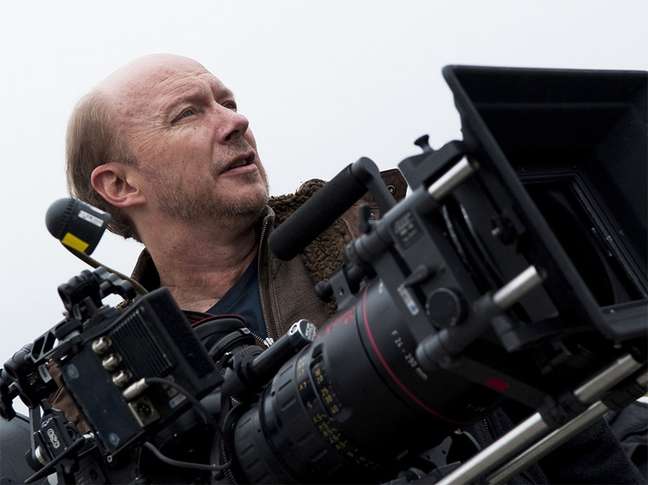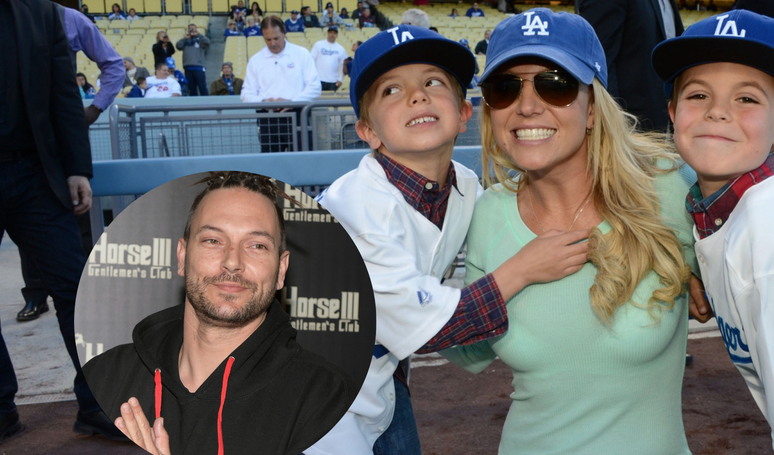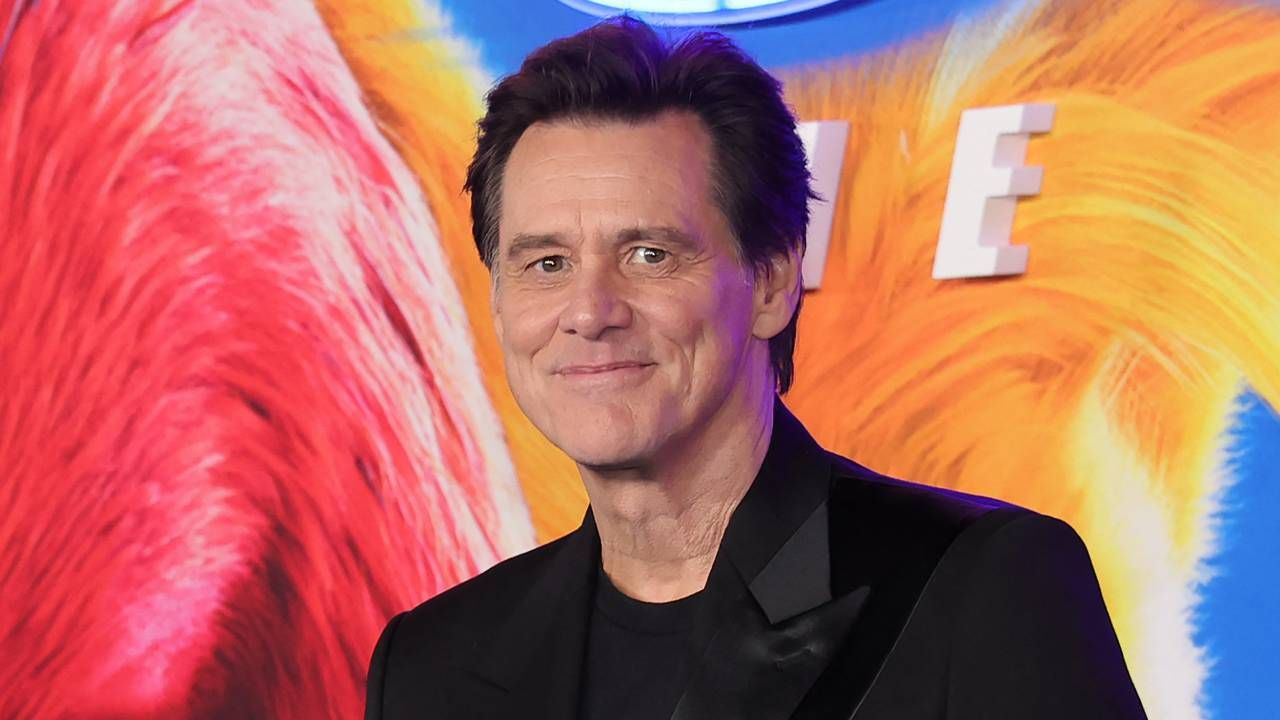Paul Haggis will also have to pay additional punitive damages, but the amount will be decided in a new hearing by the judge in the case.

Director Paul Haggis (“Crash – No Limite”) was sentenced Thursday (10/11) to pay at least $7.5 million to a woman who accused him of rape. The jury also ruled that Haggis will have to pay additional punitive damages, but the amount will be decided in a new hearing by the judge in the case.
Haggis’ victim was Haleigh Breest, a public relations professional who met him while working film previews in the early 2010s. After a movie screening after a party in January 2013, Haggis offered him a ride home and l ‘he invited to his apartment in New York for a drink.
Once inside the apartment, Haggis subjected her to unwanted advances and eventually forced oral sex and raped her, despite her pleas to stop. In her defense of her, Haggis said Breest was flirtatious, and although her desires sometimes appeared “conflicting,” she took to kissing and oral sex consensually. She said she couldn’t remember if they had had sex.
Jurors sided with Breest, who said he suffered psychological and professional consequences after his encounter with Haggis. She filed a lawsuit against him in 2017 year. “I thought I was going to hitchhike home. I agreed to have a drink. What happened should never have happened. And it had nothing to do with me, and everything to do with him and their actions,” he told jurors.
The verdict came weeks after another civil jury ruled that Kevin Spacey did not sexually abuse teenage actor Anthony Rapp in 1986. Meanwhile, actor Danny Masterson and former producer Harvey Weinstein went on trial separately with rape charges in Los Angeles. Both deny the charges, and Weinstein is appealing a conviction in New York.
All four cases were sparked by the #MeToo movement, which exposed the abusive behaviors of various people involved in the entertainment industry. Breest, in particular, said she decided to sue Haggis because his public outcry against Weinstein infuriated her: “This man raped me and was introducing himself as an advocate for women to the world,” she recalled.
Four other women also testified that they had been subjected to forced and unwanted advances – and, in one case, rape – by Haggis on several occasions since 1996. None of the four took legal action.
“His behavior showed me that he was someone who would never stop,” testified one woman, saying Haggis tried to kiss her several times against her will and even followed her into a taxi and into her apartment in Toronto in 2015. The director’s lawyers tried to attack the credibility of the accusers.
Haggis denied all allegations and told jurors the allegations left him reeling. “I’m scared because I don’t know why these women would, or why anyone would lie about things like this,” he said. And his defense introduced jurors to several other women — including his ex-wife, actress Deborah Rennard — who said Haggis respected them when they rejected his romantic or sexual overtures.
During the three weeks of testimony, the trial examined text messages Breest sent to friends about what happened to Haggis, as well as emails between them before and after the night in question, and found some differences between the testimony before the jury and what the first recorded pleadings.
One of the questions raised was whether Haggis was physically capable of carrying out the alleged attack, eight weeks after spinal surgery. Psychologists have offered conflicting perspectives on what have been called widespread misconceptions about the behavior of rape victims, such as the assumption that victims would have no further contact with their attackers.
And jurors heard extensive testimony about the Church of Scientology, the religion founded by science fiction and fantasy author L. Ron Hubbard in 1950. Haggis was a follower of the religion for decades before publicly renouncing and denouncing Scientology in 2009.
Through the testimony of Haggis and other former Scientology members, his defense argued that the church intended to discredit him and that he might have had something to do with the lawsuit.
No witnesses said they knew Haggis’ accusers or Breest’s attorneys had ties to Scientology, and Haggis’s own defense acknowledged that Breest was not involved in the religion. However, Haggis’ attorney Priya Chaudhry tried to convince jurors that there are “fingerprints, though perhaps not fingerprints, of Scientology involvement here.”
The church said in a statement it was not involved in the matter and argued that Haggis was trying to shame his accusers with an “absurd and patently false” claim. Brest lawyers called this defense “a shameful and unsupported conspiracy theory.”
In addition to winning the Academy Award for Best Picture for “Crash – No Limite” (2004), Haggis was also responsible for the screenplays for “Million Dollar Baby” (2004), for which he was nominated for an Academy Award, “The Conquest of Honor” (2006) and “007: Casino Royale” (2006), among many others. He also directed the films “No Vale das Sombras” (2007), “72 Hours” (2010) and “Terceira Pessoa” (2013), as well as the miniseries “Show Me a Hero” (2015).
🇧🇷The best content in your email for free. Choose your favorite Earth Newsletter. Click here!
Source: Terra
Emily Jhon is a product and service reviewer at Gossipify, known for her honest evaluations and thorough analysis. With a background in marketing and consumer research, she offers valuable insights to readers. She has been writing for Gossipify for several years and has a degree in Marketing and Consumer Research from the University of Oxford.







